A moderately useful guide to applying for jobs.
You’re on the market. You look out to the horizon, see a world of possibilities, and decide to take the plunge.
Before you do, consider testing the water. Make sure it’s safe – that you’re not diving into rocks, moving into traps, or finding dead ends.
When you choose to leave a job, it’s in the pursuit of something better. No one wants to make their own situation worse. Still, it happens, and you’re left wondering how.
This guide will help you get the job you want.
If you haven’t already, you might want to start by reading my “Pointless guide to CV writing” above.
Engaging a recruiter.
Once your open status hits the headlines, you’ll probably find recruiters take a shine to you – that’s a good thing. If you’re lucky enough to find one you work well with, embrace them (not like that).
A recruiter might have jobs that aren’t advertised elsewhere. If they put you forward, they have a stake in your success. That means they’ll help you get the most from your application.
The direct applicant.
You see your perfect role. It’s ideal. Exactly what you wanted. Good location and money, too. You feel excitement start to build, think about how you’ll tackle the first few weeks, and start mentally spending your first month’s pay. Generally, you’re having fun with the idea.
Until, something catches your eye.
Oh. 276 applications.
“How am I going to stand out? 276 is a big number, there must be loads of better candidates, even if I hit a few desirable points. They’ll have their pick of the bunch and won’t be the slightest bit interested in an imposter like me. That’s just basic probability.”
Yeah, your confidence might take a dip. That’s ok – quite natural, in fact.
There’s something about job searching that makes us vulnerable and taps into our insecurities. Once you’ve stopped talking yourself down, it’s time to build yourself back up where it counts.
Your application.
Who cares about cover letters?
Some people, believe it or not.
Don’t send a generic one to every job you apply for though, that’ll do more harm than good. It suggests you haven’t read into the position (at best) or that you’re flippantly applying for anything (at worst). It’s like that generic BS first paragraph you just changed on your CV, isn’t it?
Understand the job you’re going for. Then, take time to write what value you can add, why you want to work there, and how you fix up against the skills. Not an essay, a blurb.
Think about attention as a currency. You don’t have much, so practise being considerate and concise. This will go a long way!
Examples of your work.
Techies, you know the drill. Github, BitBucket, links to previous projects – if it reflects your capabilities, it’s relevant.
Tests and technical tasks are now common for developer interviews. You can build a basic web app using an X API and send this with your CV, strutting your stuff before you’ve even been asked.
A bold move, and yet – you’d pay attention, wouldn’t you?
Recommendations and referrals.
You’ve got LinkedIn. Check out who else works there. Know someone? Ask them to ‘put in a good word’.
Just make sure you know they’ve got a good word to put in. No one wants to recommend someone they don’t know, or who they don’t like.
That means it’s important not only to build your network, but to maintain it. If you haven’t spoken to someone in 6 years, asking for a recommendation out the blue isn’t a good look. Would that make you feel good?
That’s basically it.
If you want to stand out as an applicant in a competitive market, your care and attention will do it.
Just remember, you have a choice. You don’t have to do any of this.
You could blindly send your CV, just like the 276 other people who already applied.
